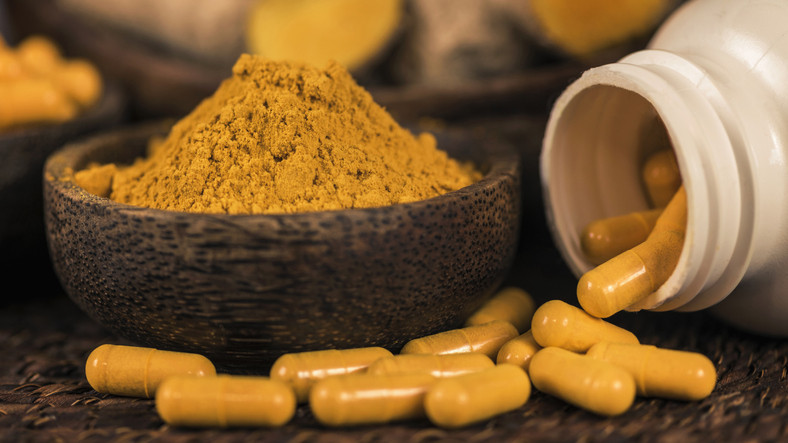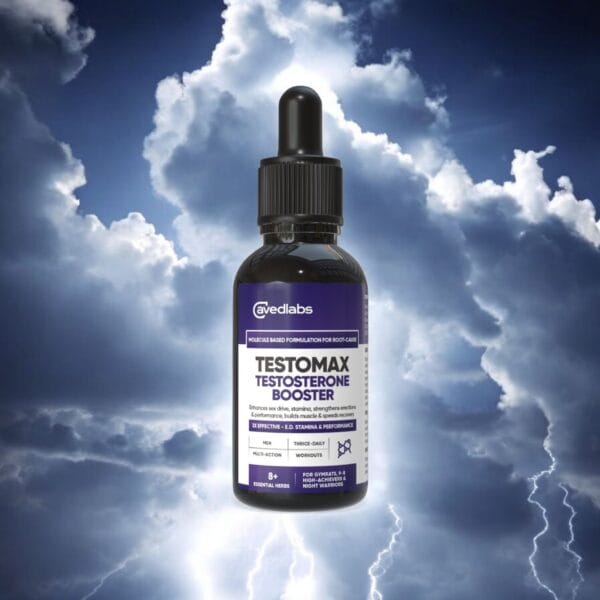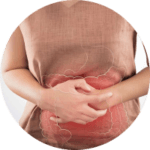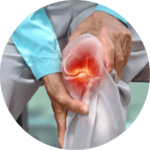How Adaptogens Like Curcumin Boost Focus, Sleep & Stress Relief

I’ll be honest—until recently, the word “adaptogen” barely registered in my brain. It sounded like something you’d find on the label of a trendy supplement bottle and, well, I just assumed it was one of those wellness buzzwords people toss around without really knowing what it means. You know what I mean?
But things changed. I hit a patch where I was sleeping terribly—waking up at 2 or 3 a.m. for no reason, feeling wired and exhausted at the same time. My focus during the day? Shot. I’d stare at my screen for minutes at a time, not even scrolling, just… there. Mentally buffering. So I did what most of us do—I started Googling.
That’s when I kept running into the term again: adaptogens. More specifically, curcumin.
So, What Are Adaptogens?
Let’s not overcomplicate this. Adaptogens are basically natural substances (usually herbs or plant extracts) that help the body resist stressors. Physical, emotional, environmental—doesn’t really matter. The idea is that they support balance.
Somewhere between ancient traditional remedies and modern biohacking lies this group of plants that kind of… tune your body’s stress response. At least, that’s the promise. Things like ashwagandha, rhodiola, holy basil—they’re all part of this club. And yes, curcumin too.
But here’s the thing: adaptogens don’t do anything dramatic. There’s no instant shift. They’re subtle. Some people don’t even notice the effects until they stop taking them. It’s a strange kind of help—it whispers, doesn’t shout.
The Curcumin Angle
Turmeric you’ve heard of, I’m sure. It’s that golden spice that’s been used in cooking (and in traditional medicine) for thousands of years. Curcumin is the active compound within turmeric that gets most of the attention for its anti-inflammatory and antioxidant properties.
Why inflammation matters here? Because chronic, low-level inflammation is tied to all sorts of things—brain fog, poor sleep, even anxiety and depression. It’s like this quiet background noise your body is constantly dealing with. And curcumin, according to some studies, can help turn that volume down.
Now, I’m not claiming curcumin is some sort of panacea. I mean, nothing really is. But the connection between inflammation and cognitive performance? That part is real. Less inflammation could mean clearer thinking, steadier moods, and—perhaps—better rest at night.
I say “perhaps” because bodies are weird. What works for one person might barely register for another. Still, there’s something compelling about a compound that’s been part of human wellness for centuries and holds up under some modern research too.
Focus: It’s Complicated
It’s not that curcumin magically makes you productive. You don’t take a capsule and suddenly write a novel in one sitting. But when I tried it, something subtle did shift. I didn’t feel “smarter” exactly. Just… less interrupted.
My thoughts, usually tangled and scattered, felt a little more linear. Not all the time. Just enough to notice.
Some researchers talk about how curcumin may increase BDNF—brain-derived neurotrophic factor. That’s a protein linked to learning and memory. I’m no neuroscientist, but it seems like more BDNF is a good thing.
Still, I’m cautious. It’s easy to get swept up in terms like “neurotrophic factor” and forget that real life is messier. I can’t tell you if curcumin directly helped my focus. But I can tell you I was less frustrated with my mental state when I was taking it regularly. That’s worth something.
Sleep: The Quiet Shift
This was the big one for me. I wasn’t expecting curcumin to help with sleep—at least not directly. It doesn’t act like melatonin or knock you out like a sedative. But over a couple of weeks, those 3 a.m. wake-ups? They got less frequent.
And when I did wake up, it didn’t feel like panic. I could roll over and drift back, instead of spiraling into anxiety about not sleeping. That’s the thing—stress and sleep are so tightly interwoven, it’s hard to fix one without the other.
Some studies suggest curcumin may help regulate cortisol levels. Cortisol being the “stress hormone,” and—surprise—it also messes with your sleep cycle. So if curcumin helps keep cortisol from spiking at the wrong times, that might explain the difference.
Or maybe it was a placebo. I can’t rule that out. But even placebo sleep is still sleep, and I’ll take it.
And What About Stress Itself?
I’m hesitant to make big claims. Life is still stressful. Bills, deadlines, existential dread—they don’t vanish because you added turmeric to your routine.
But I did feel like I had just a bit more room to breathe. Like I wasn’t always in fight-or-flight mode. Little things didn’t set me off as easily.
Curcumin, and adaptogens in general, aren’t about eliminating stress. They’re about helping your body respond better. Think of it like tuning your internal dials—so the volume of stress doesn’t always have to be on max.
Bioavailability: A Quick Side Note
There’s a catch with curcumin. On its own, it’s not absorbed very well by the body. So if you’re taking it as a supplement, make sure it’s paired with something like piperine (from black pepper) or formulated for higher bioavailability. Otherwise, you might not be getting much benefit.
I didn’t know this at first. I just grabbed a random bottle. Eventually switched to one with added piperine, and that’s when I think I started noticing more consistent effects. Could be coincidence. Still, worth mentioning.
Final Thoughts: Not a Miracle, But Maybe a Nudge
I’m not going to sit here and tell you that curcumin changed my life. That would be dishonest—and kind of annoying.
But I can say that when I started taking it, alongside some other small changes—less caffeine, more walks, fewer late-night doom scrolls—things started to shift. Slightly. Enough to make me curious. Enough to keep going.
If you’re dealing with that low-key, stretched-thin, foggy-headed feeling that modern life tends to hand out like candy, maybe curcumin is worth trying. Don’t expect a lightning bolt. Look for the quiet adjustments.
More peace. More clarity. A little more ease.
And maybe that’s all we’re really looking for.











